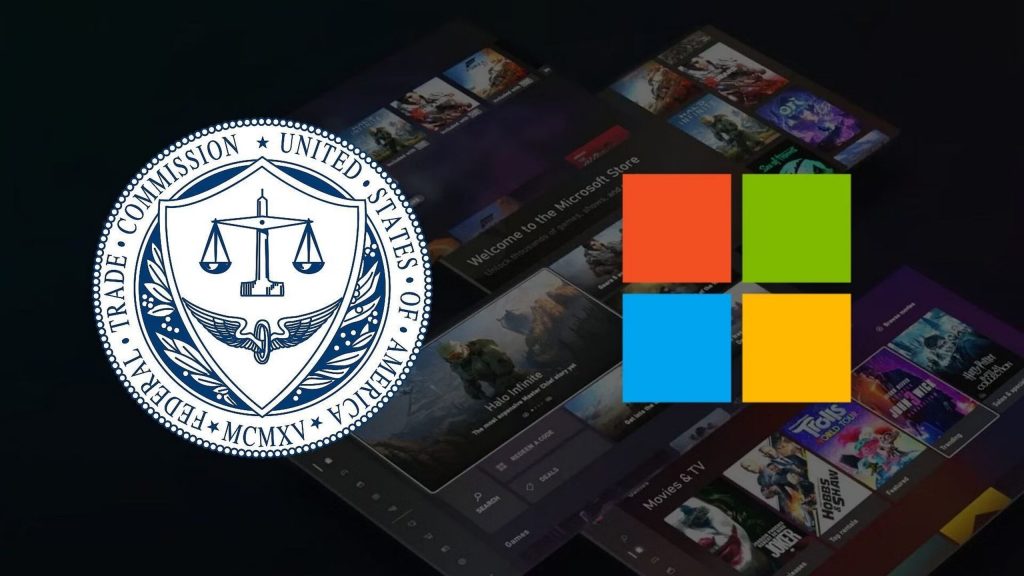In a significant development that reverberates through the gaming industry, the U.S. Federal Trade Commission (FTC) has officially dismissed its case against Microsoft regarding its controversial acquisition of Activision Blizzard King. This move, announced on May 22, 2025, marks the conclusion of a prolonged legal battle aimed at blocking what is regarded as one of the largest mergers in the history of video games.
The Acquisition Journey
Microsoft’s journey to acquire Activision Blizzard King began in early 2022 when the tech giant announced its intention to purchase the video game publisher for a staggering $70 billion. This acquisition was seen as a strategic move to bolster Microsoft’s foothold in the gaming sector, particularly in the face of increasing competition from rivals such as Sony and Nintendo. However, the deal quickly attracted scrutiny from regulatory bodies, setting the stage for a legal showdown with the FTC.
By the end of 2022, the FTC filed a lawsuit against Microsoft, arguing that the merger could significantly harm competition within the gaming industry. The case drew national attention and became emblematic of the ongoing tensions between major corporations and regulatory authorities tasked with enforcing antitrust laws. Despite these legal challenges, Microsoft successfully closed the acquisition in October 2023, following rigorous negotiations and court rulings favoring the deal.
Legal Challenges and Outcomes
The FTC’s efforts to overturn the acquisition faced multiple setbacks. The organization’s attempts to secure a preliminary injunction to block the deal were met with failure when the Ninth Circuit Court upheld the original decision from the Northern District of California. The Court concluded that the FTC had not sufficiently demonstrated that the merger would negatively impact competition in the gaming landscape.
The FTC’s dismissal came as part of a broader acknowledgment that their ongoing litigation was unlikely to yield favorable outcomes. In the official filing, the commission stated, “The Commission has determined that the public interest is best served by dismissing the administrative litigation in this case.” This indicates a pragmatic shift within the FTC as it grapples with the evolving legal landscape surrounding large-scale acquisitions.
Microsoft’s Vice Chair and President, Brad Smith, celebrated the dismissal, commenting, “Today’s decision is a victory for players across the country and for common sense in Washington, D.C. We are grateful to the FTC for today’s announcement.” This statement underscores the company’s relief and highlights the implications for gamers who anticipate continued access to popular franchises under the Activision Blizzard umbrella.
Impact on the Gaming Industry
The FTC’s decision not only allows Microsoft to solidify its position within the gaming world but also raises questions about the regulatory environment for future mergers in the tech industry. Analysts are speculating that this case could set a precedent for how regulatory bodies approach acquisitions, especially in fast-evolving fields like gaming and technology. The acquisition has also forced competitors like Sony to reassess their strategies in response to Microsoft’s bolstered capabilities.
In addition to the legal matters, Microsoft faced scrutiny for its post-acquisition actions, including price increases for its Game Pass service and workforce reductions across Activision Blizzard. The FTC had expressed concerns regarding these decisions, with broader implications for the industry as individuals within the company were laid off amid shifting corporate strategies.
Community Response
The response from the gaming community has been mixed. While some players view Microsoft’s acquisition as a potential catalyst for enhanced game development and cross-platform play, others remain wary of the concentrated power that comes with such significant mergers. Community forums and social media platforms have seen heated discussions about whether the merger will genuinely benefit consumers in the long run.
Furthermore, according to a study by Statista, the video game market is projected to reach revenues of over $200 billion by 2026, emphasizing the critical role that these acquisitions play in shaping market dynamics. As Microsoft integrates Activision Blizzard’s vast array of franchises and intellectual properties, the outcomes will undoubtedly affect this projected growth and the competitive landscape.
Future Considerations
As the dust settles on the FTC’s case, the gaming industry looks ahead to potential future mergers and acquisitions. The Microsoft-Activision deal has already raised the bar for what is possible in the gaming sector, and other companies may now be more inclined to pursue similar strategies. The focus will likely shift to how Microsoft chooses to leverage its new assets, innovate within its gaming services, and respond to ongoing consumer demands.
Quick Reference Table
| Event | Date |
|---|---|
| Acquisition Announcement | January 2022 |
| FTC Lawsuit Filed | End of 2022 |
| Acquisition Closed | October 2023 |
| FTC Dismisses Case | May 22, 2025 |

